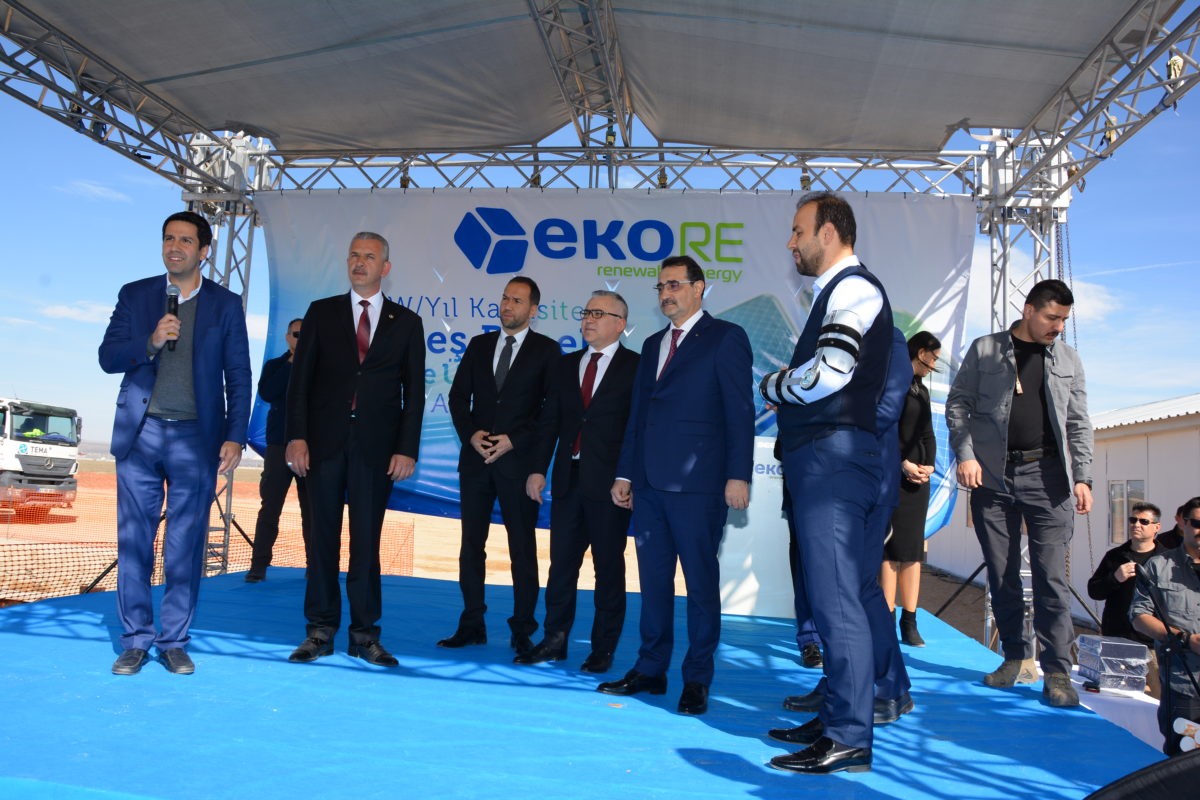Turkish renewables project developer Eko Yenilenebilir Enerjiler A.S. (EkoRE) has announced on its Twitter account it has begun construction of a solar module manufacturing facility in Niğde, in central Anatolia.
The Turkish government included the scheme in its Project Based Investment Incentive System, a TRL4.2 billion ($440 million) incentive scheme launched in August 2017 to drive investment.
Located at the Bor organized industrial zone, the factory will have an initial production capacity of 1,000 MW, with the opportunity to expand to 2,000 MW, the company said in a statement to pv magazine. With vertically integrated production of ingots, wafers, solar cells and PV modules at the site, EkoRE intends to complete construction within 12 months.
As with other projects selected for the government incentive scheme, the factory was granted exemption from income tax and some permitting fees, including those for an environmental impact assessment and construction. The government scheme also provided infrastructure support, reduced electricity prices, and offered salary assistance and favorable financing.
Strategic site
Popular content
The plant is strategically located near Mersin port and Niğde-Aksaray Airport, which is expected to soon be functional.
When built, the new factory will add to several module fabs operational in Turkey. Other facilities include, among others, that of Smart Energy and a 600 MW cell and module fab commissioned by Chinese group HT-SAAE at the beginning of 2017, although the utilization capacities of such projects is unclear.
A planned 500 MW Hanwha Q Cells factory in Konya was abandoned as the Korean manufacturer walked away from a 1 GW project it was awarded in a public tender with Turkish partner Kalyon Enerji. According to the tender rules, 60% of the first 500 MW slice of the Konya project had to contain locally made components.
Local content requirements also featured in a 1 GW solar tender abruptly scrapped by the Turkish government in late January. In that instance, 60% of the modules used in successful project bids had to come from domestic manufacturers.
This content is protected by copyright and may not be reused. If you want to cooperate with us and would like to reuse some of our content, please contact: editors@pv-magazine.com.



4 comments
By submitting this form you agree to pv magazine using your data for the purposes of publishing your comment.
Your personal data will only be disclosed or otherwise transmitted to third parties for the purposes of spam filtering or if this is necessary for technical maintenance of the website. Any other transfer to third parties will not take place unless this is justified on the basis of applicable data protection regulations or if pv magazine is legally obliged to do so.
You may revoke this consent at any time with effect for the future, in which case your personal data will be deleted immediately. Otherwise, your data will be deleted if pv magazine has processed your request or the purpose of data storage is fulfilled.
Further information on data privacy can be found in our Data Protection Policy.